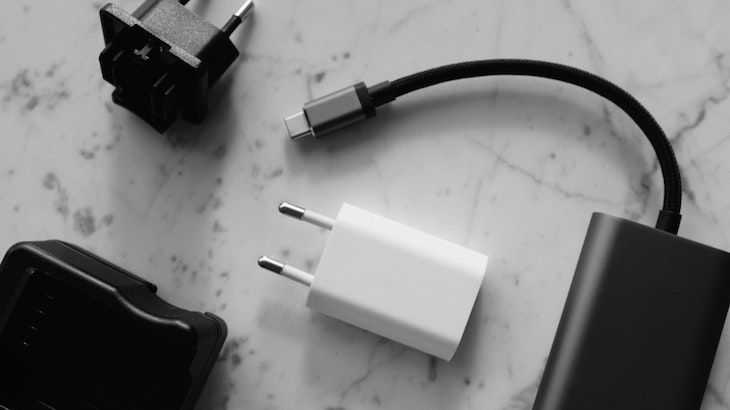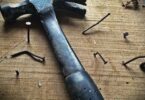Overview
Generators are critical sources of backup power for homes, businesses, and outdoor activities. They provide electricity during power outages, emergencies, or when the grid is unavailable. With so many generators on the market, deciding on the best one can be difficult. In this overview, we will go over the most important factors to consider when selecting the best generator for your needs.
Power output, fuel type, run time, portability, noise level, automatic start, and price are among these considerations. By carefully weighing these factors, you can choose the best generator for your power needs, budget, and other factors. To assist you in making an informed decision, we will also discuss the various types of generators available, such as portable, standby, inverter, and dual-fuel generators. Whether
Top Picks
Most Versatile: Briggs & Stratton S3500 3500W Portable Generator
Best Choice: DuroMax XP12000EH Generator
Best Home Backup: Generac 7683 GP6500 6,500-Watt Portable Generator
Best Mid-Level Home Backup: Westinghouse 9500 Watt Home Backup Portable Generator
What to consider when buying best generators?
Power Output: Check the wattage and power output of the generator to make sure it is adequate for your needs. You'll need to figure out how much power you'll need based on the appliances and electronics you want to power during a power outage.
Generators can run on a variety of fuels, including gasoline, diesel, propane, and natural gas. Consider the type of fuel that is readily available in your area and select a generator that uses that fuel.
Run Time: A generator's run time refers to how long it can run on a full tank of fuel. Consider how long the generator will need to run during a power outage and select one with a sufficient run time.
Consider whether the generator will be portable or stationary. Portable generators are smaller and easier to transport than stationary generators, which are larger and usually require professional installation.
Noise Level: Because generators can be noisy, consider the generator's noise level and whether it will bother your neighbors or household.
Automatic Start: Some generators have an automatic start feature that turns the generator on automatically if there is a power outage. If you are not at home to manually start the generator, this can be a useful feature.
Price: Because generators vary greatly in price, consider your budget and select a generator that fits within it.
You can consider these factors.
Frequently Asked Questions
What is an inverter generator?
Inverter generators are a type of portable generator that produces clean and stable power suitable for sensitive electronics such as computers, smartphones, and televisions. They are also more fuel-efficient and quieter than conventional portable generators.
What is a dual-fuel generator?
Dual-fuel generators can run on both gasoline and propane, offering greater flexibility and longer run times. They are also cleaner-burning and produce fewer emissions than conventional gasoline generators.
How do I calculate the power output I need?
To calculate the power output, you need to add up the wattage of all the appliances, electronics, and tools you want to power. Choose a generator with a power output that exceeds the total wattage you need.
Conclusion
Consider power output, fuel type, run time, portability, noise level, automatic start, and price when selecting the best generator for your needs. Consider the type of generator that will best meet your needs, whether portable, standby, inverter, or dual-fuel. By carefully weighing these factors, you can choose the best generator for your power needs, budget, and other factors. Having a dependable backup power source can provide you with peace of mind during power outages or outdoor activities.







